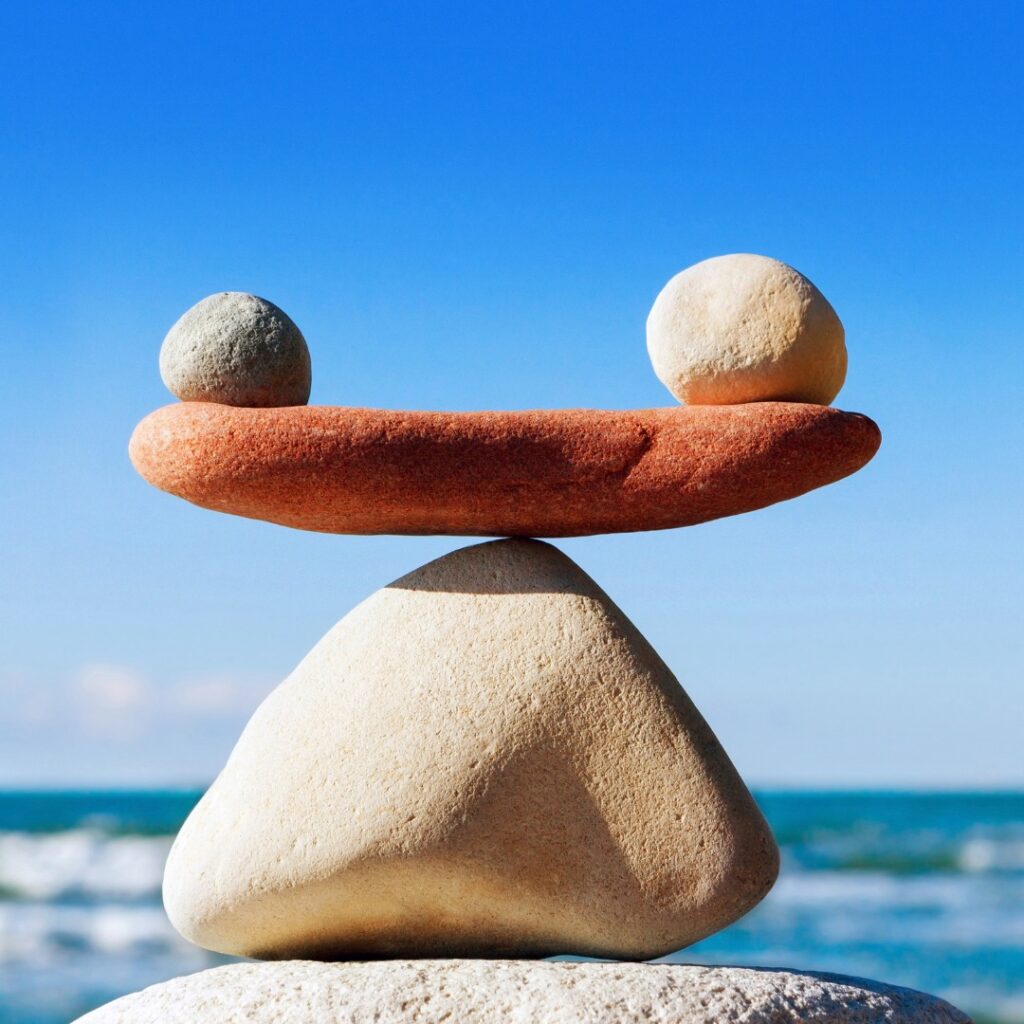Understanding and Avoiding Toxic Friendships

Friendship is one of the most beautiful relationships between people. It’s a bond where individuals share their emotions and support each other through various emotional states. Unlike romantic relationships, friendships don’t require constant contact to remain strong; the connection can endure despite distance or time apart. However, just as we discuss toxic romantic relationships, it’s crucial to address toxic friendships, which can significantly, impact our mental health and well-being.
What is a Toxic Friendship?
A toxic friendship is one where the relationship negatively affects your well-being. While healthy friendships offer support and joy, toxic friendships drain your energy, causing emotional distress and mental strain. Here are some signs to identify a toxic friendship:
1. Constant Negativity: The friend always brings negativity, complains incessantly, or puts you down.
2. Lack of Support: Instead of supporting you during tough times, they are absent or make everything about themselves.
3. Manipulation and Control: They try to control your actions and decisions or manipulate you for their benefit.
4. Jealousy and Competition: They exhibit jealousy or competitiveness rather than celebrating your successes.
5. Gossip and Betrayal: They spread rumors about you or betray your trust.
6. One-Sided Effort: The friendship feels one-sided, where you are always giving, and they are always taking.
The Impact of Toxic Friendships
Toxic friendships can severely impact your mental and emotional health:
- Increased Stress: Constant negativity and manipulation heighten stress levels.
- Low Self-Esteem: Being put down or manipulated can lower your self-esteem and self-worth.
- Emotional Drain: Dealing with a toxic friend leaves you emotionally exhausted.
- Difficulty Trusting Others: Betrayal and gossip make it hard to trust others in the future.
How to Distance Yourself from a Toxic Friend
Recognizing a toxic friendship is the first step. Here’s how to distance yourself and protect your well-being:
1. Set Boundaries: Establish clear boundaries and communicate them to your friend, such as limiting time together or topics discussed.
2. Seek Support: Talk to other friends, family, or a therapist about your feelings and get their support.
3. Gradual Distance: Slowly reduce contact with the toxic friend. Start by not initiating conversations and being less available.
4. Be Honest: If appropriate, have an honest conversation about how you feel and why you need space.
5. Focus on Yourself: Invest time and energy in your well-being and other positive relationships.
Conclusion
Friendships should uplift and support us, not bring us down. Recognizing and distancing yourself from toxic friendships is crucial for maintaining your mental and emotional health. Prioritize your well-being and seek out relationships that are positive, supportive, and mutually fulfilling. Remember, it’s okay to step away from toxicity to protect your happiness and mental health.




